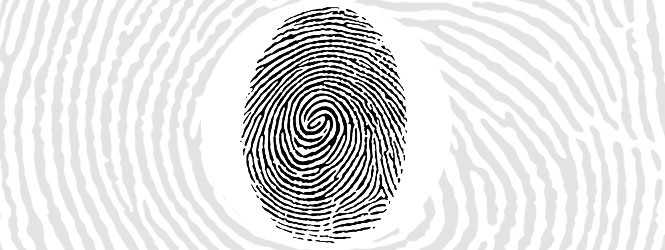
Sometime about 100 years ago, my immigrant grandfather decided he wanted to try something new. He'd been working as a coal miner in Carbon County for a decade, lured by a labor agent boasting of great wealth who had visited his village of Gavalohori, Crete, where he scratched out an existence. Following a sea and land voyage of 28 days, he found himself deep inside a coal mine in Sunnyside, Utah, with "100 boys from my veeelaage."
It was good, honest work and he was a good, honest 20-year-old man. It was such good work, that despite losing dozens of his companions over the next two decades in mining accidents, he kept on digging into various mines throughout the West. After all, where else can a young man with few technical skills be paid the handsome wage of $1 a day? he must have rationalized. And he worked for that wage despite knowing that his boss literally rigged the scales against him.
Immigrant miners like him were not often paid $1 a day as a wage, but $1 for each ton of coal extracted from the mine. When his coal was taken to the scales, those scales were often rigged to measure less weight than what they actually bore. A ton might show up as a half ton, for instance, earning 50 cents, not $1. So, he worked twice as hard and tried all the while not to do anything that might upset his boss—because the reward for that was to be sent to a mining section with less coal and more dirt and he wasn't paid for dirt. He might also be assigned to a more dangerous section.
The mining bosses considered the life of a coal miner of less value than that of a mule. Their lives seemed a dead end. It was the coal-mining version of keeping the boys down on the farm. But over time, Greek men like my grandfather—and other immigrant coal miners—began speaking English; began talking to one another their new common tongue and realized that they were all getting screwed. That begat the modern labor movement and the onset of unionized workforces. When he died over 70 years after turning his first shovel of Utah coal, my grandfather remained a proud supporter of worker unions.
But along the way, he realized that he couldn't mine coal forever. The hard, dangerous work had already cost him friends and thanks to his proximity to loud explosions, it had cost him his hearing, too. At one point, he ended up near Vernal to discover new opportunity. As it turns out, he found three. The first was the United States Army, in which he enlisted during World War I. Though his name remains—misspelled not once, but twice—on the war memorial in Vernal, he didn't serve long, being discharged due to emphysema, a complication of 10 years of working underground. The second opportunity came shortly after he was discharged when he entered a Vernal café and met, then soon married my handcart, Mormon Battalion and polygamy-descended grandmother, just 17 or so. He took along her young child, my uncle Lynn Woolsey, as well.
Bestowed with a new family and another child on the way, my grandfather quit the coal mines. He and another Greek man decided that hauling goods was their calling. In short order, they had their biggest and most lucrative job yet, transporting a load of chickens from Vernal to Price. It was the dead of winter.
Off they went, already counting their chickens and eggs, but not counting on the storms they would encounter. I imagine their route took them into Nine Mile Canyon, a most desolate place any time of the year. Somewhere along the way, all the chickens froze to death. When they finally arrived in Price with nothing to sell and nowhere to go, my grandfather reached into his pockets for the final coins remaining of his life savings and somehow made his way back to Vernal. His days as a businessman were over.
And I'm thankful for that.
Had those chickens lived and had the venture grown into a thriving distribution company, my mother wouldn't have been born. That really is the truth—the butterfly effect of it all. My grandfather might have had more children, just not the children I grew up calling my aunts, uncles and mother. He wouldn't have moved to Bingham Canyon where my mother was born.
No mother, no me. No me, no City Weekly, nor its spawns Devour, Vamoose, Winners and all the rest like Best of Utah and, yep, the Utah Beer Festival. I'd be OK with that, but I'd not be OK with no Paula, Pete, Eleni or Mikey. Nor would I be OK never knowing the great people I've met through City Weekly—especially the special angels who believe in our mission and recognize the value we represent to this community. There are so many, but above all I'd never have met our great employees. What a crew they are! More talent and heart than any former dirt digger like myself should deserve to know. I love them all.
So, this Thanksgiving, I'm thanking my lucky stars for dead chickens. I've never asked much of our readers, but if you can, how about thanking dead chickens, too?
Send feedback to comments@cityweekly.net